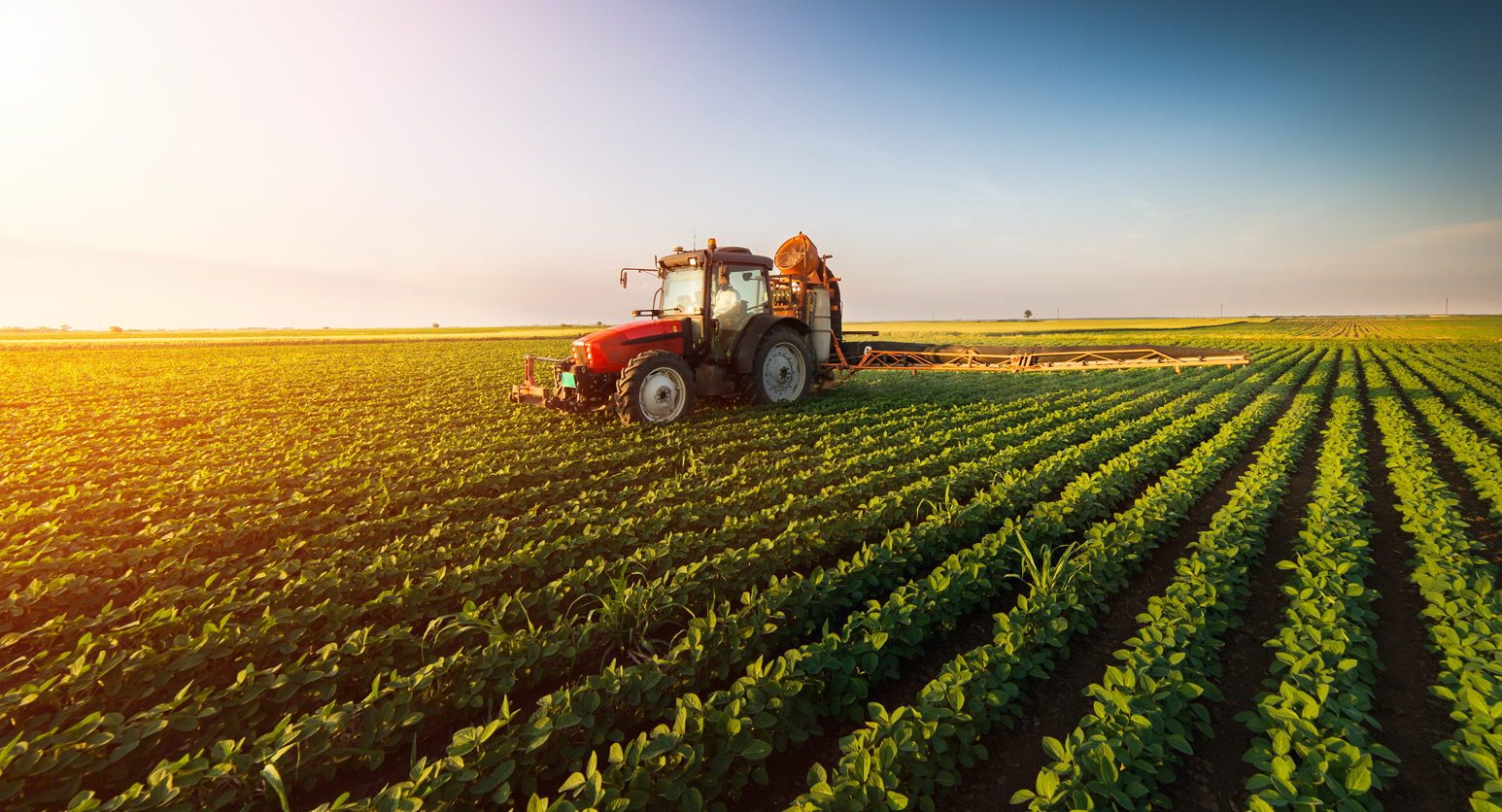The World Nano Foundation, a leading not-for-profit membership organization dedicated to the international commercialization of nanoscale technologies across 16 industry sectors, is proud to announce the release of its new whitepaper titled "Commercial Applications for Nanotechnology and Agriculture."

Image Credit: World Nano Foundation
This comprehensive document delves into the potential game-changing role of nanotechnology in revolutionizing sustainable agriculture practices worldwide.
As the global population continues to grow, the agricultural sector faces mounting challenges in meeting food demands while ensuring environmental sustainability. Nanotechnology, the manipulation of matter at the microscopic nanoscale level, is emerging as a powerful tool to address these challenges. The whitepaper explores the various ways nanotechnology is already making a significant impact on sustainable agriculture, emphasizing the leading institutes and spin-out companies driving innovation in this burgeoning field.
The whitepaper examines the numerous applications of nanotechnology in sustainable agriculture, including precision agriculture, smart delivery systems for agrochemicals, disease detection, and food preservation. By utilizing nanosensors and nanomaterials, farmers can optimize crop yields, reduce waste, and minimize environmental impact while promoting safer and more efficient agricultural practices.
Dr Peng Zhang, University of Birmingham: "Integrating AI and nanotechnology into precision agriculture will play a vital role in probing the design parameters of nanomaterials for use in fertilizer and pesticide delivery to ensure minimal impacts on soil health coupled with minimal nanomaterial residues remaining in the edible tissue portions - helping to ensure safe and sustainable agriculture."
The World Nano Foundation's whitepaper highlights the pioneering work of renowned research institutions such as Aberystwyth University (UK), University of California, Davis (USA), National Institute of Agricultural Technology (Argentina), and Indian Institute of Technology, Delhi (India). These institutes are at the forefront of developing and applying nanotechnology to enhance crop protection, nutrient uptake, and precision agriculture.
In addition to academic research, the whitepaper also showcases several spin-out nanotech companies, including Vestaron Corporation, Apeel Sciences, Nanocare Technologies, and NanoPhos. These companies are leveraging nanotechnology to create environmentally friendly biopesticides, plant-based coatings for food preservation, and nanomaterial-based fertilizers to improve crop productivity sustainably.
The whitepaper highlights the rapid growth expected in the market for nanotechnology in sustainable agriculture. Analysts project a compound growth rate of 25.4%, leading to a global nanotechnology market worth $16.7 billion by 2025. Increasing demand for sustainable agriculture practices and innovative nanotechnology-based solutions are major drivers behind this optimistic market outlook.
While nanotechnology shows great promise for sustainable agriculture, the whitepaper acknowledges several barriers that need to be overcome for widespread adoption. Scaling up nanotechnology applications while maintaining effectiveness and ensuring proper distribution is a crucial challenge.
Additionally, addressing safety concerns for the environment, human health, and other living organisms is of paramount importance. The establishment of robust regulatory frameworks and transparent communication with consumers will be key to fostering public trust and acceptance.
Professor Peter Majewski, Director of the University of South Australia's Future Industries Institute: "Nanotechnology offers exciting possibilities for sustainable agriculture, particularly in precision agriculture and targeted delivery of nutrients and pesticides. With careful consideration of the risks and potential ethical concerns, nanotechnology can play a vital role in meeting the world's food security and environmental sustainability challenges."
Experts in the field and peer-reviewed publications such as NPJ Sustainable Agriculture and NANOGRAFI have shown support for nanotechnology's potential in advancing sustainable agriculture. They acknowledge the transformative role nanotechnology can play in achieving ecological-friendly and equitable food production systems while addressing the challenges of food security and environmental sustainability.
Source: https://www.worldnanofoundation.com/